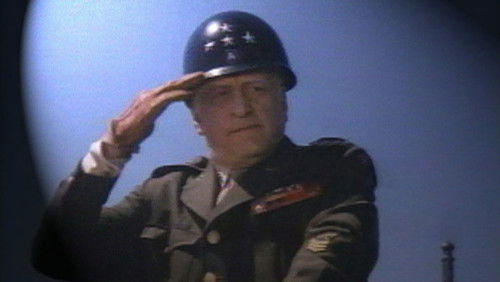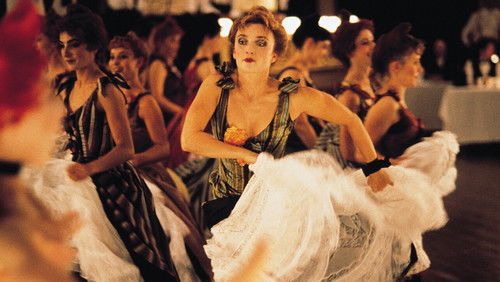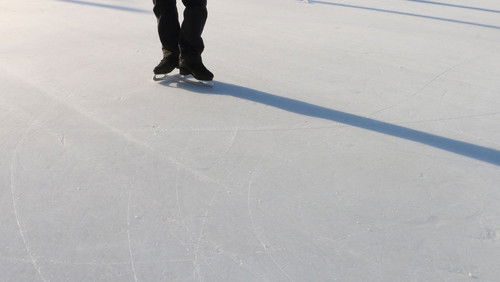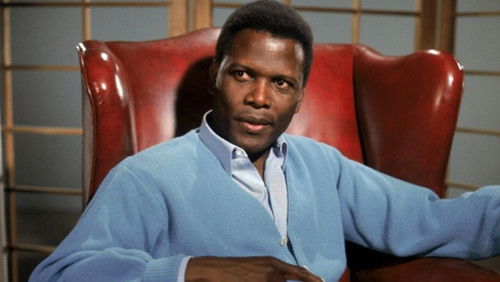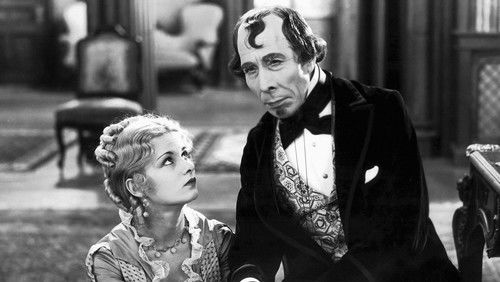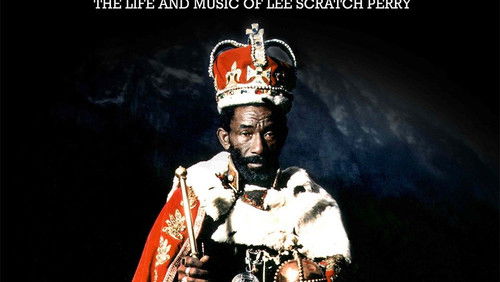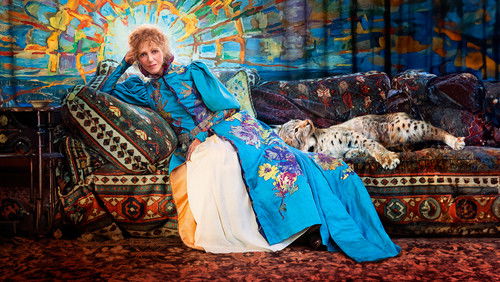Shyamchi Aai (2023)
50KShyamchi Aai (2023). 2h 20m
“Shyamchi Aai (2023) :nMovie Review -u003cbr/u003eu003cbr/u003eSujay Dahake takes on the difficult challenge of retelling the legendary tale of Sane Gurujiu0026#39;s u0026quot;Shyamchi Aaiu0026quot;. The autobiography was first adopted on the silver screen by the great Acharya Atre in 1953, which won the Best Film award at the first-ever National Awards held in our country. I was privileged to see that film a decade ago, and I remember how emotional the experience was. The next thing I did after watching the movie was to say hi to my mother and touch her feet. I had no words; I was emotional and in pain. Thatu0026#39;s what Shyamchi Aai (1953) has done to me. Now, after 7 decades, we have a modern version of the same story, and how blessed Iu0026#39;m to be working as a journalist/critic at this time that I get to see it in a special screening. Dahakeu0026#39;s film is a fulfilling experience, no doubt. Itu0026#39;s just slow. Todayu0026#39;s audiences and filmmaking both donu0026#39;t believe in slow dramas, and thatu0026#39;s the only fault in the movie. Rest; there are no issues, be it writing, acting, production value, music, cinematography, editing, or direction.u003cbr/u003eu003cbr/u003eThe film begins with Sane Gurujiu0026#39;s (Om Bhutkar) plea getting rejected by a British officer because he was in jail. We meet the younger version of Guruji in jail, who is accompanied by Vinoba Bhave (Sarang Sathaye). After their conversations and parting ways, Guruji starts writing his book, u0026quot;Shyamchi Aai,u0026quot; based on his own experience from childhood. Shyam (Sharva Gadgil) is an average student with a slick of patriotism and a little disturbed in his life too. He is a bit cowardly, he makes mistakes, he is not very obedient, and bla bla. But he can never fall down in life because, in every situation, he has one person backing him: his mother, Yashoda (Gauri Deshpande). The film revolves around Shyam, his mother, his father, and the family crisis during British rule as they have to suffer through extreme poverty. From a poor family to a hardworking student, Shyam turns himself into a legend, Sane Guruji, and the biggest credit holder for this is his mother, whom he has to lose earlier than expected.u003cbr/u003eu003cbr/u003eI donu0026#39;t know how many of you noticed that Shyamchi Aaiu0026#39;s storyline has inspired Satyajit Rayu0026#39;s famous u0026quot;Appu Trilogy,u0026quot; especially the first two films: u0026quot;Pather Panchaliu0026quot; (1955) and u0026quot;Aparajitou0026quot; (1956). A little boy has to spend his childhood seeing his parents struggle against poverty, then he is sent away for studies, his mother dies, and he canu0026#39;t even meet her last time. See? Pather Panchali and Aparajito are based on the same story. Itu0026#39;s just that Rayu0026#39;s world was different; his filmmaking style was way ahead of time, and the impact is quite different for regular viewers. But still, Shyamchi Aai (1953) was made before Rayu0026#39;s films and was a real story too. Thatu0026#39;s why itu0026#39;s more credible. Anyway, Shyamchi Aai (2023) deals with the subject very carefully and sensitively. There are many moments that will win your heart and might even relate to your personal experiences. Thatu0026#39;s the power of this story. You can watch many fictional dramas and hail them as classics, but how many of them come close to reality and your own personal experiences? Though the screenplay needed a solid grip here, itu0026#39;s missing. The black-and-white effect has never looked so good on screen in recent Marathi cinema (a tough call between Kachcha Limbu and this, though).u003cbr/u003eu003cbr/u003eThis film is an acting carnival for all acting lovers, but what Gauri Deshpande has done in the lead role is simply outstanding. The film is named after her, and no matter how many male protagonists we have, we all know the main hero of the film is the u0026quot;Motheru0026quot;. She is the mother of acting here. I have been seeing Sandeep Pathak over the years, and he has done fabulous work in some artistic films that arenu0026#39;t known to the majority of Marathi audiences. Watch him play the father here and learn how itu0026#39;s done. Sharv Gadgil as child Shyam is very impressive; the teenage version is also portrayed very well by Mayur More; and then comes the best version by Om Bhutkar. A large section of Marathi audiences know him for that not-so-good performance in a mediocre action masala gangster film. Well, hereu0026#39;s a so-good performance, finally. Those crying scenes and his speeches were so amazing to watch. A pure art exhibition by an artist. The supporting cast makes a solid unit with performers like Jyoti Chandekar, Gandhar Joshi, Raghav Vartak, Akshaya Gurav, Dipti Bhagwat, Deesha Katakar, Aniket Sagvekar, Raj Daki, and others.u003cbr/u003eu003cbr/u003eI wouldnu0026#39;t be surprised if Shyamchi Aai won several awards in the technical categories. The cinematography is top-class, the background score is excellent, and the editing is super classy. What a marvellous production design they have created with a moderate budget. It never feels like you are watching a film in 2023. It always feels like the early 20th century, the pre-Gandhi era, and the Kokan actually looks like how one can imagine it. The dialogues are beautiful, and what a powerful grip they have on contemporary language. The last time I saw a great use of such language was over a decade ago in Kaksparsh (2012). I will always remember Sujay Dahake for making u0026quot;Shalau0026quot; (2011). I have seen movies made on school life and teenage love in almost a dozen movies in multiple languages, but none of them had a magic like Shala. Those newbie movie buffs with 500 Indian movies on their watchlist can go gaga over u0026quot;96u0026quot; and other so-so dramas, but for me, Shala is way ahead of that film or any other film for that matter. Sujay couldnu0026#39;t repeat another masterpiece like that later; rather, he fell down to an unbearable level. Now, he is back again with Shyamchi Aai. Not on the level of Shala, and thereu0026#39;s a reason for that. Itu0026#39;s not a fresh film, and the responsibility of retelling the cult story of Shyamchi Aai is too big for any director. But yes, he is back and back with a bang. The artistic touch he gave to Sane Gurujiu0026#39;s autobiography and the way he uses chronological narration for his story-the way he dealt with 3 Shyams instead of one, like in the 1953 film-are indeed praiseworthy. I wanted to speak about many scenes, but I am avoiding them only to keep this review spoiler-free. All I can say is donu0026#39;t miss this one if you love movies as an u0026quot;art formu0026quot;.u003cbr/u003eu003cbr/u003eRATING – 6/10*”

